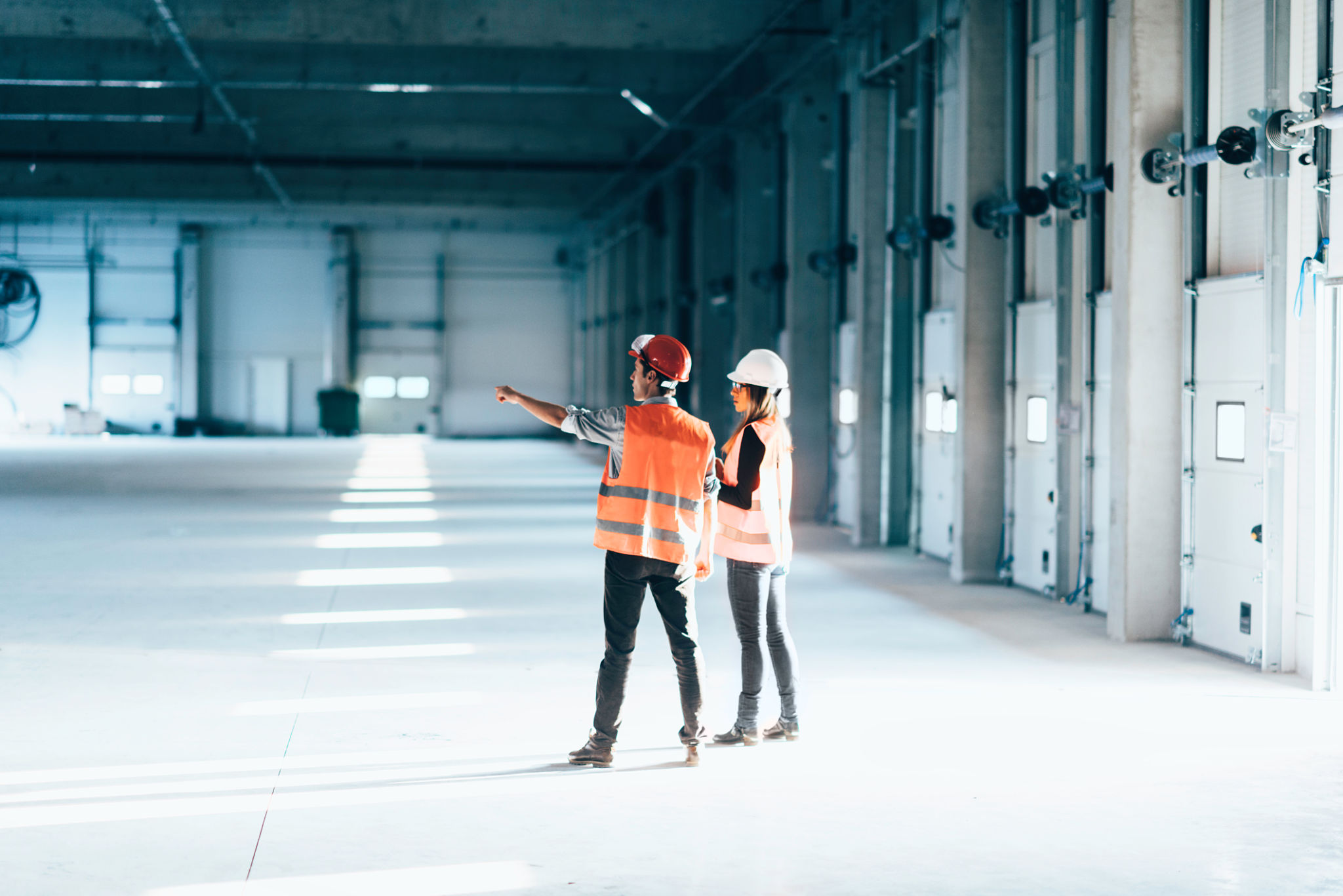Top Questions About Leasehold Property Management Answered
Understanding Leasehold Property Management
Leasehold property management is a crucial aspect of owning a leasehold property. It involves overseeing the maintenance and administration of the building and communal areas. This management ensures that the property remains in good condition, which is beneficial for both the leaseholders and freeholders.
Many people find leasehold property management complex, especially when it comes to understanding their rights and responsibilities. Below, we've compiled some of the top questions about leasehold property management to help you navigate this intricate domain.

What Is a Leasehold Property?
A leasehold property is one where you own the right to occupy and use the property for a set period, as per the lease agreement, but you do not own the land on which it stands. The land is owned by the freeholder. Lease terms can vary widely, often ranging from 99 to 999 years.
This ownership structure is common in apartments and flats. It’s essential to understand your lease terms, as they define your responsibilities and rights as a leaseholder.
Who Is Responsible for Property Management?
The responsibility for managing a leasehold property typically falls on the freeholder or a management company appointed by them. These entities are responsible for maintaining communal areas, executing repairs, and ensuring the property complies with health and safety regulations.

Leaseholders contribute to these expenses through service charges, which fund the property management activities. It's crucial for leaseholders to stay informed about how these charges are calculated and used.
What Are Service Charges?
Service charges are fees paid by leaseholders to cover the costs associated with maintaining and managing the building. These can include cleaning of communal areas, gardening, security, insurance, and major repairs.
- Regular maintenance and cleaning of communal areas
- Building insurance
- Repairs and renovations
Understanding how these charges are calculated can help prevent disputes and ensure that you are only paying your fair share.
How Can Leaseholders Influence Property Management?
Leaseholders can influence property management by forming a residents' association or appointing a Right to Manage (RTM) company. This allows them to take over certain management responsibilities from the freeholder.

This process gives leaseholders more control over service quality and costs. However, it's essential to weigh the benefits against the responsibilities that come with managing these duties.
What Happens When There Are Disputes?
Disputes in leasehold property management can arise over service charges, maintenance issues, or breaches of lease terms. When disputes occur, it's best to resolve them amicably through communication with the property manager or freeholder.
If issues persist, seeking legal advice or mediation services can be effective. In some cases, disputes may need to be resolved through formal legal proceedings in a tribunal or court.
Conclusion
Leasehold property management requires an understanding of legal agreements and effective communication between all parties involved. By staying informed about your rights and responsibilities, you can ensure a harmonious living environment while protecting your investment.
As you navigate your leasehold journey, remember that knowledge is your most valuable tool in addressing challenges and maximizing the benefits of your property.